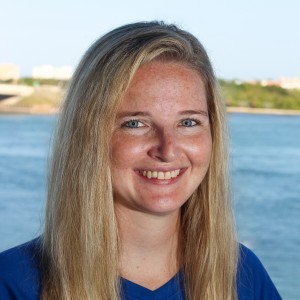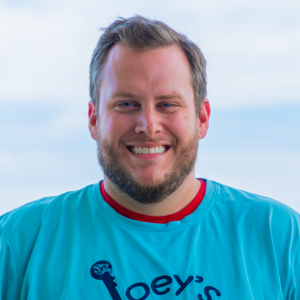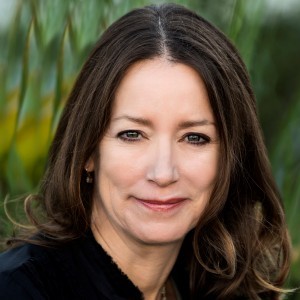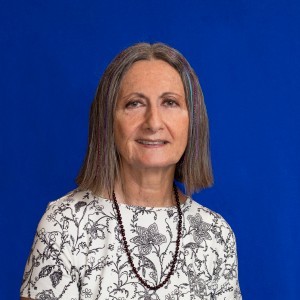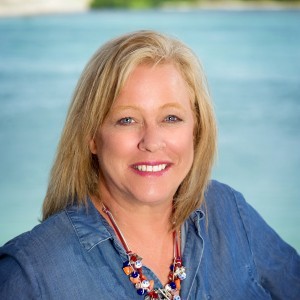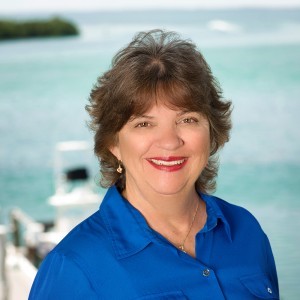Impacts: Translate & Transfer Science for Public Service
Marine science education for everyone, everywhere
Mote believes conservation begins with education, and the sooner we can educate each other the better off our oceans and our lives will be. With Mote's education programs, you can dive in and get your feet wet and your hearts inspired.
-
I
n September 2019, Mote and partners established the Louis Stokes Alliance for Minority Participation: Marine Science Laboratory Alliance Center of Excellence (MarSci-LACE), thanks to a National Science Foundation (NSF) grant to Mote.
MarSci-LACE leverages the unique strengths of independent marine research institutions to increase the success of underrepresented minority students in marine STEM (science, technology, engineering and math). Marine STEM is among the least ethnically diverse of all STEM fields.
MarSci-LACE will create collaborations and partnerships between academic and independent research institutions to increase underrepresented minority student participation in marine STEM..
Independent marine research institutions—which have a distinct culture of innovation, independence and entrepreneurship—play an essential role in providing students with opportunities to enhance their academic coursework through intensive research experiences, career skill development and mentorship from professional scientists.
MarSci-LACE is in phase 1 of a three-year project with the following objectives:
Collect, inventory and categorize all existing underrepresented minority (URM) participation and efforts at independent marine research institutions (IMRIs).
- Design and implement assessments of student experiences, mentor perspectives, and institutional efforts related to URMs at IMRIs.
- Collect existing and develop new resources for URM students, mentors and institutions to improve research experiences at IMRIs.
- Facilitate the transfer of research-based best practices and resources widely to prospective and current URMs, mentors, IMRIs, LSAMP institutions and other interested parties.
This project was made possible with support from NSF LSAMP and INCLUDES grant number #1922351.
-
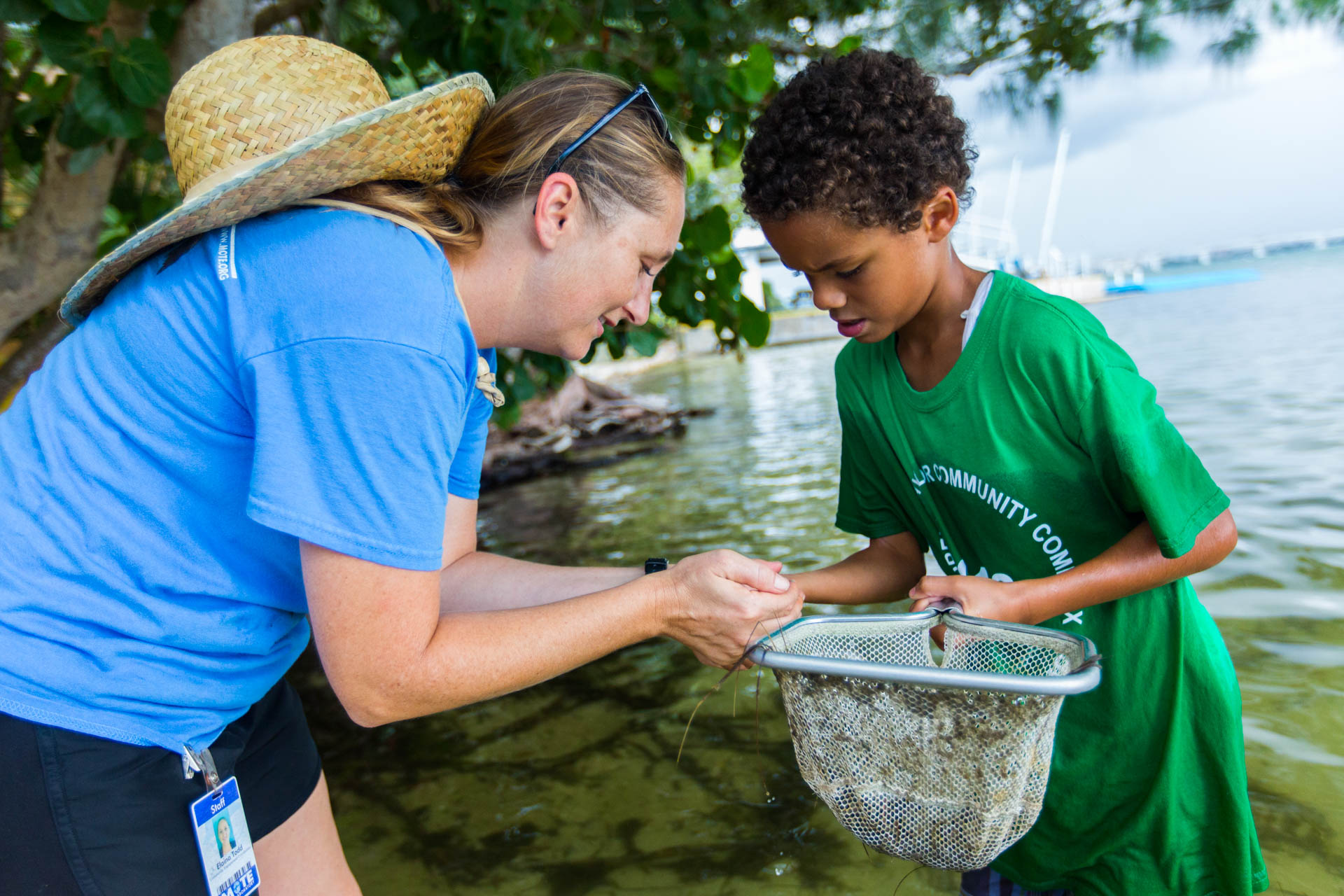 Mote’s Community Engagement Program—dedicated to sharing marine science education with underrepresented groups of young learners in southwest Florida at no cost to them—recently achieved its five-year anniversary. As fiscal year 2019 came to a close, Mote’s Community Engagement Program was close to achieving another major milestone: 10,000 participants per year.
Mote’s Community Engagement Program—dedicated to sharing marine science education with underrepresented groups of young learners in southwest Florida at no cost to them—recently achieved its five-year anniversary. As fiscal year 2019 came to a close, Mote’s Community Engagement Program was close to achieving another major milestone: 10,000 participants per year.
-
In
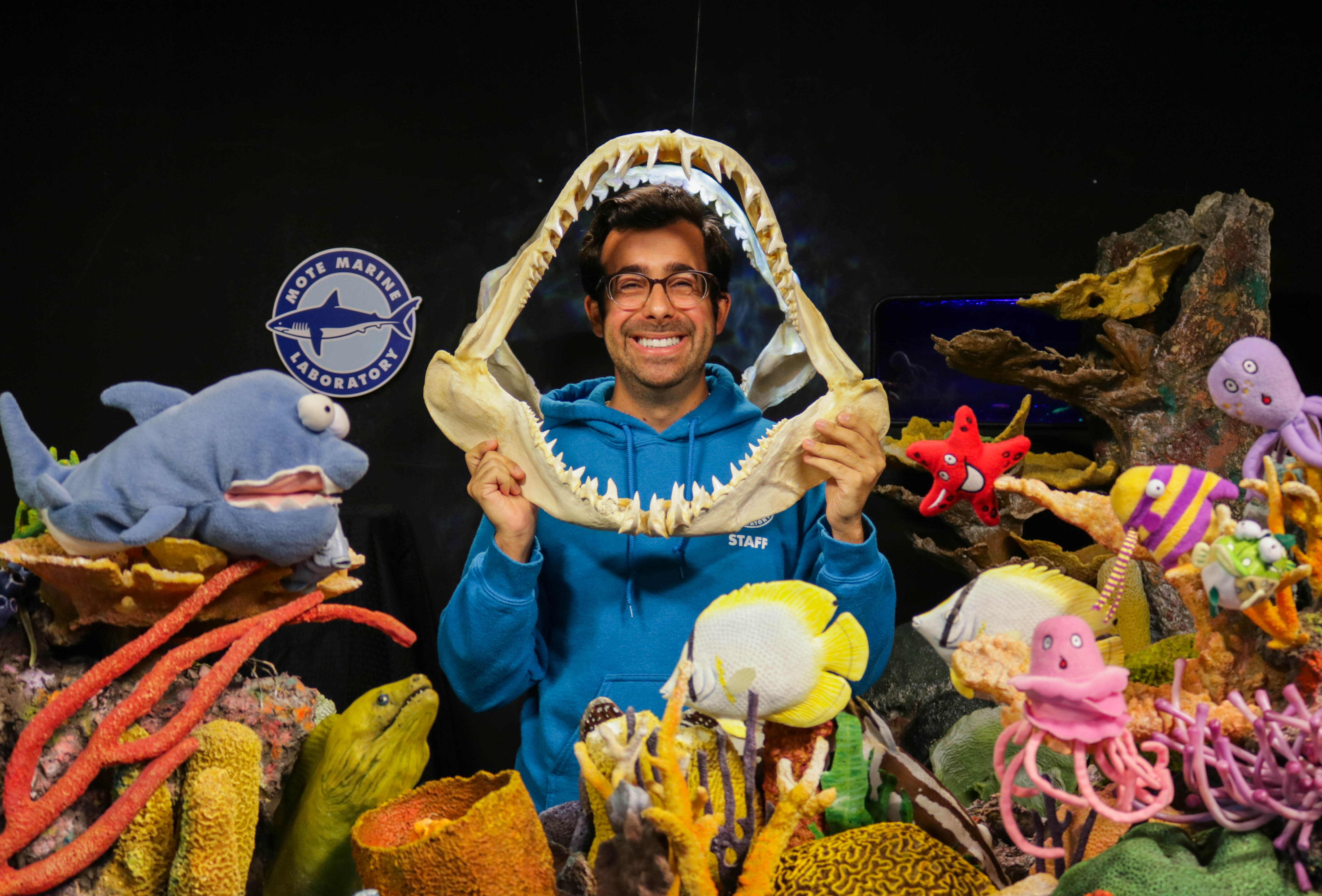 September 2019, Mote Virtual Learning Education Specialist Ross Johnston was selected as one of 28 national and international Sustainability Fellows for The Rob and Melani Walton Sustainability in Science and Technology Museums Initiative. Johnston’s Fellowship will connect the Mote’s SEAtrek Virtual Learning Programs with multiple audiences, sharing marine research and sustainability through an open-format livestream broadcast aligned with United Nations Sustainable Development Goals, particularly Goal 14: Life Below Water.
September 2019, Mote Virtual Learning Education Specialist Ross Johnston was selected as one of 28 national and international Sustainability Fellows for The Rob and Melani Walton Sustainability in Science and Technology Museums Initiative. Johnston’s Fellowship will connect the Mote’s SEAtrek Virtual Learning Programs with multiple audiences, sharing marine research and sustainability through an open-format livestream broadcast aligned with United Nations Sustainable Development Goals, particularly Goal 14: Life Below Water.Sustainability Fellowships help informal educators initiate or strengthen sustainability projects at their institutions. The 2019-20 Sustainability Fellows are supported by the National Informal STEM Education (NISE) Network. Fellows were selected through a competitive application process and are required to attend a two-day conference at Arizona State University, participate in three online workshops and develop a project to engage the public in learning about sustainability.
Mote SEAtrek received funding from The Rob and Melani Walton Foundation through the Sustainability in Science and Technology Museums program at Arizona State University.
-
Mote
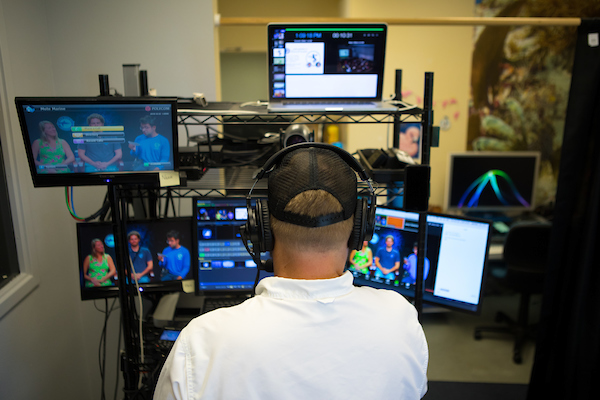 SEAtrek Virtual Learning Programs received their 10th Pinnacle Award from the Center for Integrated Learning and Collaboration (CILC) this year. The Pinnacle Award recognizes CILC content providers from around the world who have received outstanding ratings on program evaluations completed by educators and activity directors. Mote SEAtrek brings Mote's research, animals and exhibits to classroom learners using affordable, easy-to-use, virtual learning technology..
SEAtrek Virtual Learning Programs received their 10th Pinnacle Award from the Center for Integrated Learning and Collaboration (CILC) this year. The Pinnacle Award recognizes CILC content providers from around the world who have received outstanding ratings on program evaluations completed by educators and activity directors. Mote SEAtrek brings Mote's research, animals and exhibits to classroom learners using affordable, easy-to-use, virtual learning technology.. To qualify for a Pinnacle Award, the provider must receive at least 2.85 average out of 3.0 on all their program evaluations during the school year. The program evaluation assesses if the presenter is knowledgeable about the content and engages well with the audience, and if the program was engaging, appropriate for the advertised age/grade range, aligned to the advertised educational standards, met the advertised educational objectives and if it had an impact on student learning.
Each year Mote SEAtrek makes hundreds of virtual connections to classrooms around the world, sharing Mote’s passion and inspiring students to become better stewards of the coastal environment. Our goal is a greater public understanding of our marine resources and interactive videoconferencing has a vital role in that mission.
-
Mote's
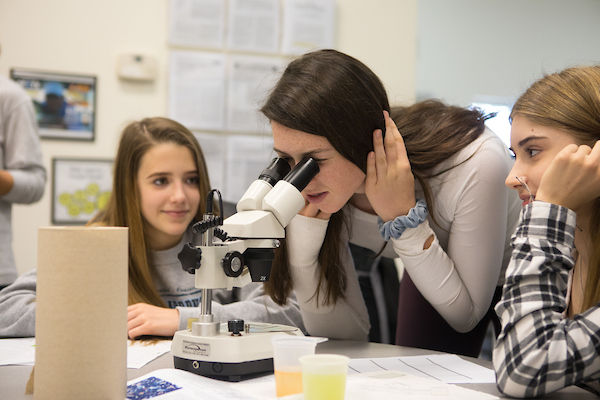 School Programs team has been working with various middle schools to provide hands-on, career-based learning experiences within aquaculture—farming animals and plants in water, thanks to Mote’s new Career Exploration in collaboration with EdExploreSRQ. Mote Aquaculture Research Park scientists and Mote educators are helping students experience what it’s like to be a marine biologist: catching, weighing and measuring juvenile fish raised in Mote’s sustainable systems, harvesting plants from the marine aquaponics greenhouse and examining samples under microscopes, which helps students explore the many ways they can have a future in marine science and be eco-friendly.
School Programs team has been working with various middle schools to provide hands-on, career-based learning experiences within aquaculture—farming animals and plants in water, thanks to Mote’s new Career Exploration in collaboration with EdExploreSRQ. Mote Aquaculture Research Park scientists and Mote educators are helping students experience what it’s like to be a marine biologist: catching, weighing and measuring juvenile fish raised in Mote’s sustainable systems, harvesting plants from the marine aquaponics greenhouse and examining samples under microscopes, which helps students explore the many ways they can have a future in marine science and be eco-friendly. This new Career Exploration represents a true partnership among educators and scientists to help students work on the key skills and soft skills needed for a marine science career, representing an important component of Mote’s mission—translating and transferring scientists and fostering the next generation of marine scientists.
This ongoing program will continue to share marine science with different middle schools. This is one of many Mote programs developed to help foster future marine scientists and community leaders.
- Seven
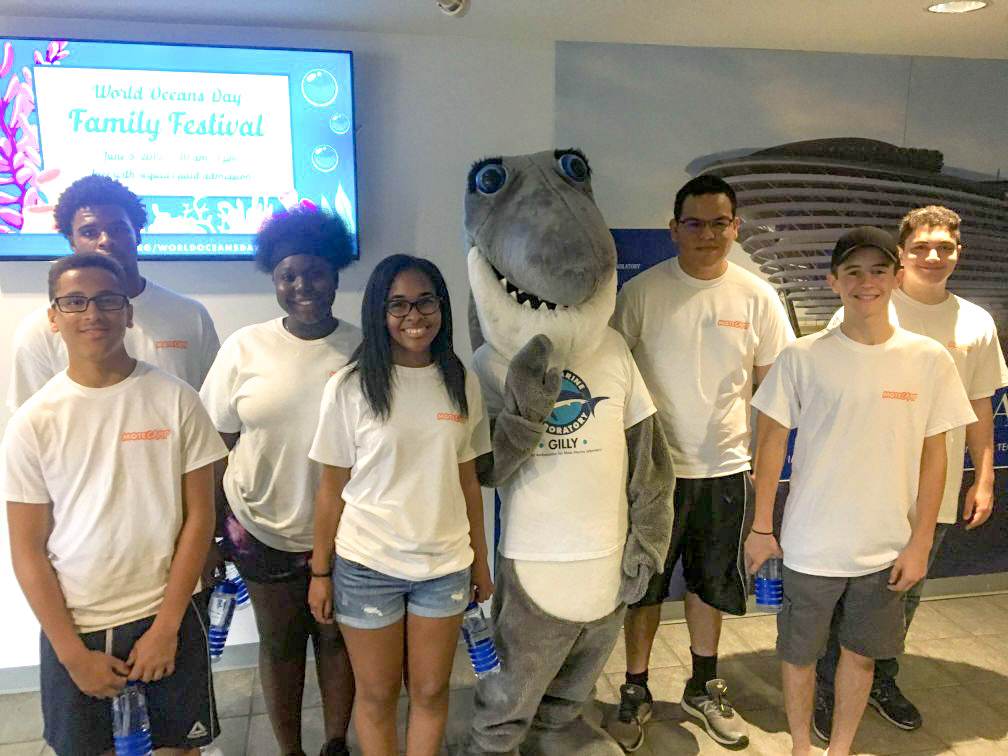 outstanding teens from Boys & Girls Clubs of Sarasota County were selected to participate in the Ocean Guardians Program at Mote this summer. Those students—from Riverview High School, Sarasota High School, North Port High School, Sarasota Military Academy, Booker High School, Suncoast Polytechnical High School—worked hands-on with Mote professionals to gain real-world experience and practice valuable job skills such as communication, public speaking, collaboration and time management while learning about the world’s oceans, exploring careers in marine science and ocean conservation and earning either a stipend or volunteer hours.
outstanding teens from Boys & Girls Clubs of Sarasota County were selected to participate in the Ocean Guardians Program at Mote this summer. Those students—from Riverview High School, Sarasota High School, North Port High School, Sarasota Military Academy, Booker High School, Suncoast Polytechnical High School—worked hands-on with Mote professionals to gain real-world experience and practice valuable job skills such as communication, public speaking, collaboration and time management while learning about the world’s oceans, exploring careers in marine science and ocean conservation and earning either a stipend or volunteer hours.
-
Mote
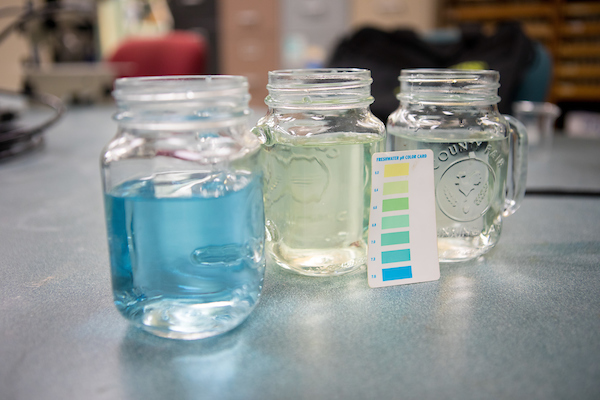 and partners published the guided, inquiry-based lesson “How Do Upwelling and El Niño Impact Coral Reef Growth?” for high school and undergraduate educators, to help students investigate the impacts of varying climate and other ocean conditions on coral reefs. Mote’s Dr. Philip Gravinese authored the lesson with partners from U.S. Geological Survey, Australian Institute of Marine Science and Florida Institute of Technology.
and partners published the guided, inquiry-based lesson “How Do Upwelling and El Niño Impact Coral Reef Growth?” for high school and undergraduate educators, to help students investigate the impacts of varying climate and other ocean conditions on coral reefs. Mote’s Dr. Philip Gravinese authored the lesson with partners from U.S. Geological Survey, Australian Institute of Marine Science and Florida Institute of Technology. Download the free lesson from the December issue of Oceanography, the official magazine of The Oceanography Society (https://doi.org/10.5670/oceanog.2018.424)..
Also this fiscal year, Gravinese worked with Mote’s Education team on an upcoming inquiry-based, high-school lesson focused on Mote’s ongoing stone crab science. The well-rounded lesson will integrate biology, ecology, chemistry and statistical modeling to help students understand the impacts of ocean acidification on a commercially important crustacean fishery. This lesson development is part of a research and education effort funded by a competitive grant from Tampa Bay Environmental Restoration Fund, which is administered through the partnership of Tampa Bay Estuary Program and Restore America’s Estuaries.
Photos by: Allison Baird, Olivia Raney, Samantha Schubert, Conor Goulding
